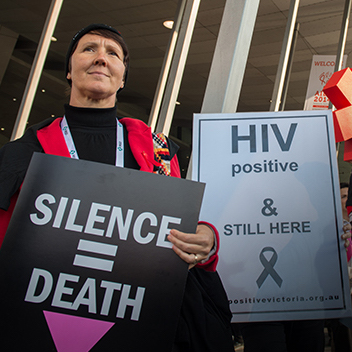Indigenizing research: the Wise Practices conference
February 6, 2018 • By Laurie EdmistonThis past year the Canadian Aboriginal AIDS Network (CAAN) held its annual gathering, on the theme of “transforming wholistic approaches to Indigenous health.” It’s a gathering of First Nations, Métis and Inuit people, combining a business meeting, a gathering of Aboriginal people with HIV/AIDS, and the ‘Wise Practices’ research conference. But more importantly, it is a gathering of colleagues who have become friends, clients who have become peers, people with HIV who have become community leaders, and an extended family. Also present are elders welcoming delegates to their traditional lands, and children – the younger ones mostly playing with each...






